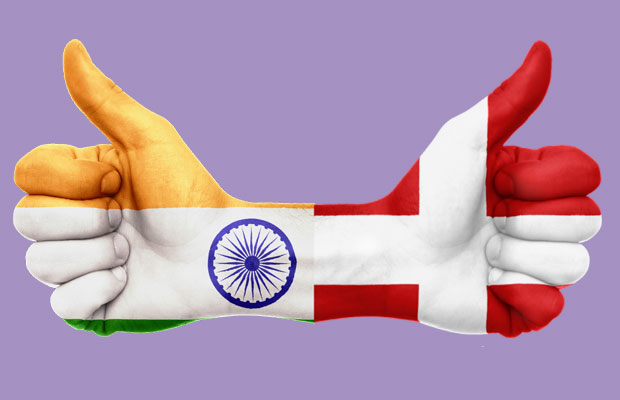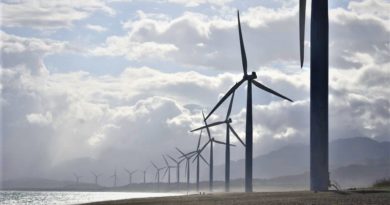India and Denmark Hold Virtual Summit for Green Partnership

Narendra Modi, Prime Minister of the Republic of India, and Mette Frederiksen, Prime Minister of the Kingdom of Denmark co-chaired a Virtual Summit between India and Denmark on September 28, 2020, for the signing of an India-Denmark Green Partnership.
PM Modi and his counterpart Frederiksen held an in-depth exchange of views on bilateral relations between the two nations, discussed the COVID-19 pandemic and global matters of interest to both sides, including climate change and green transition and reached a common understanding with a view to accelerating sustainable economies and societies.
As per the joint statement issued by both governments, given the shared desire to remain trusted partners, the two Prime Ministers agreed to elevate India-Denmark relations to a Green Strategic Partnership. This partnership would build on and consolidate the existing agreement establishing a Joint Commission for Cooperation (signed February 6, 2009) between India and Denmark which envisaged cooperation within the political field; economic and commercial field; science and technology; environment; energy; education and culture. In addition, it builds on and complements the existing Joint Working Groups on Renewable Energy, Urban Development, Environment, Agriculture and Animal Husbandry, Food Processing, Science, Technology and Innovation, Shipping, Labour Mobility and Digitisation.
During the India-Denmark Summit today @Statsmin Mette Frederiksen and I reviewed the full range of bilateral ties between our nations. We look forward to having a strong Green Strategic Partnership with Denmark and improving ties in sectors like trade, commerce and energy. pic.twitter.com/19cXGG5Ikg
— Narendra Modi (@narendramodi) September 28, 2020
The statement refers to the Green Strategic Partnership as a mutually beneficial arrangement to advance political cooperation, expand economic relations and green growth, create jobs and strengthen cooperation on addressing global challenges and opportunities; with a focus on an ambitious implementation of the Paris Agreement and the UN Sustainable Development Goals.
The two Prime Ministers acknowledged the importance of establishing the Green Strategic Partnership, under which India and Denmark will cooperate through relevant Ministries, institutions and stakeholders.
A few focus areas for the new partnership:
Energy and Climate Change
The two Prime Ministers confirmed the close partnership in addressing global challenges and solutions on green energy transition and climate change. The Strategic Sector Cooperation on offshore wind and renewable energy, as well as the India-Denmark Energy Partnership (INDEP) on capacity building, knowledge-sharing and technology transfer on wind energy; energy modeling and integration of renewable energy, illustrate the shared commitment to addressing some of the common global challenges on the path towards global energy transition, green growth and sustainable development. The two sides envisage the energy partnership to be further strengthened over the coming years.
Both Countries agreed to be at the forefront in the global fight against climate change and agreed to hold regular consultations and dialogue on climate change and renewable energy at various levels.
Sustainable Urban Development including Smart Cities
Both sides noted the holding of 2nd India-Denmark JWG on Sustainable Urban Development virtually on June 26, 2020, and agreed to strengthen bilateral cooperation in sustainable urban development, including in smart cities through the Urban Living Lab in Goa. And they also agreed to strengthen existing City-to-City cooperation between Udaipur and Aarhus and Tumakuru and Aalborg. They noted that Danish companies are contributing to designing infrastructure projects in India and welcomed the greater engagement of the Danish side in all fields of sustainable urban development.
The focus will also be laid on:
- Environment/Water and Circular Economy
- Science, Technology, Innovation and Digitisation
- Business, Trade and Shipping
- Food and Agriculture
- Cultural Cooperation, People-to-People contacts and Labour Mobility
- Multilateral Cooperation
Source: saurenergy.com




